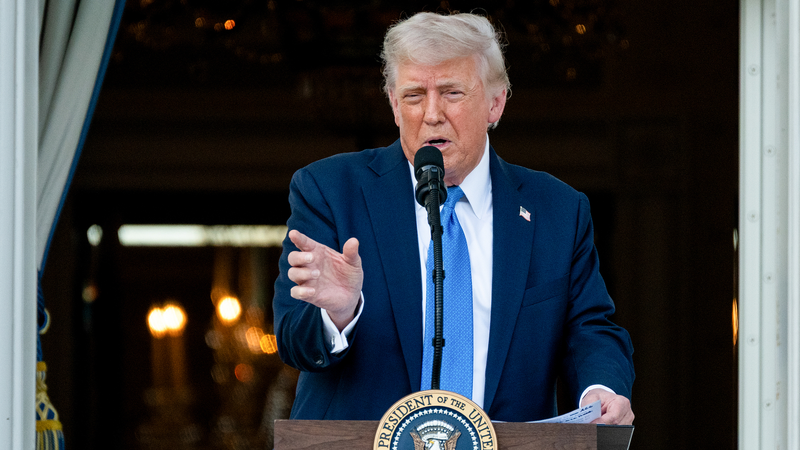U.S. President Donald Trump signed a proclamation on Wednesday evening imposing new travel restrictions on nationals from 12 countries, citing unresolved national security risks. The move marks a significant expansion of his administration's earlier immigration policies, which were partially reversed under President Joe Biden.
The White House stated the ban targets Afghanistan, Chad, the Republic of the Congo, Equatorial Guinea, Eritrea, Haiti, Iran, Libya, Myanmar, Somalia, Sudan, and Yemen. These nations were deemed to lack adequate screening protocols, posing "a very high risk" to U.S. security. Seven additional countries—Burundi, Cuba, Laos, Sierra Leone, Togo, Turkmenistan, and Venezuela—face partial entry restrictions.
Set to take effect at 12:01 a.m. next Monday, the policy exempts lawful permanent residents, existing visa holders, and individuals deemed critical to U.S. national interests. The Trump administration emphasized the measures aim to "garner cooperation from foreign governments" and strengthen counterterrorism efforts.
This proclamation revives a contentious policy from Trump's first term, when a travel ban targeting seven Muslim-majority countries faced legal challenges before being upheld by the Supreme Court in 2018. Analysts suggest the updated list reflects evolving geopolitical priorities, particularly in Asia and Africa.
Business leaders and diaspora communities are closely monitoring the implications for cross-border travel and trade, while human rights advocates warn of potential humanitarian fallout.
Reference(s):
cgtn.com



